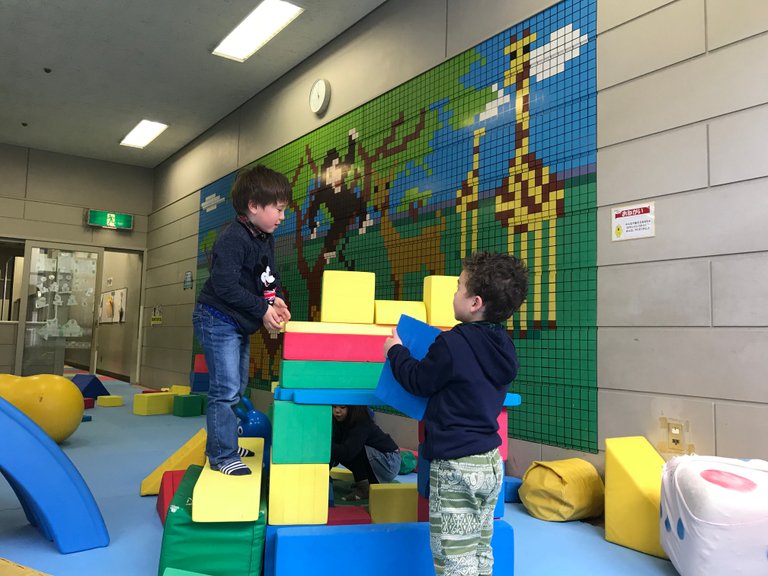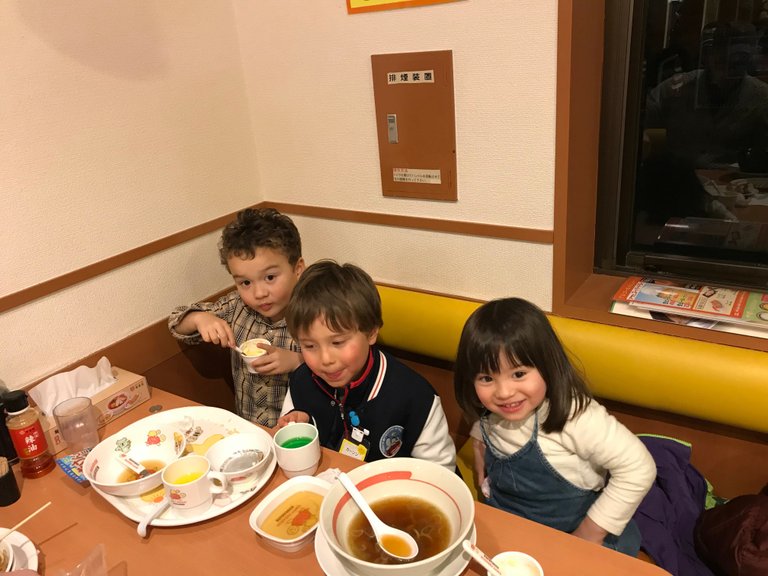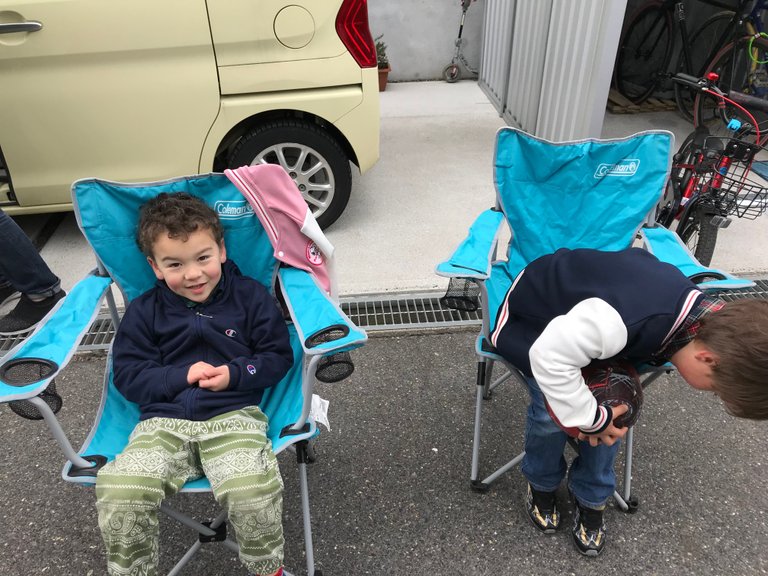One of the most common criticisms directed at unschooling and homeschooling parents is the “social life” criticism:
But how will your child socialize?
This is definitely a valid concern, and indeed, can be a real challenge for homeschooling/unschooling parents.

Ironically, one of the reasons providing an adequate social experience with lots of peer interaction can so tough, is because public schools have nearly all of the other kids cordoned off, out of reach of those “wild unschoolers.”
While there certainly are some parents who homeschool for all the wrong reasons, and keep their kids isolated from the world for strict religious reasons, or other dynamics, some of which are downright abusive, this seems to me to be such a minuscule, miniscule minority, that throwing a blanket judgement over the rest of the freedom-loving folks engaging in unschooling/homeschooling is an entirely unfair prejudice.

Age Segregation and Isolation
To me, the really detrimental isolation aspect occurs in the public schools themselves. Kids need to interact with lots of different age groups to grow up with a balanced outlook, sense of real security, competence, and sense of time and place, and their own roles within their respective communities.
With this type of varied, non-age-group specific-interaction, something very neat happens. 4-year-olds teach 2-year-olds, and learn from 12-year-olds. It also works in reverse. How much the older children, adults, and elderly can also learn from the tiny ones!
The elderly connect us to the past with their lives and stories, while the younger adults live their myriad, varied, and unique daily roles, providing a child the unique and priceless opportunity observe all of these rich, unique, diverse actions and interactions happening all at once, and develop their own sense of interconnectedness, significance, and self.
The child may, in this context, develop a real sense of story—their own story and sense of place—and of their own unique importance and role within their families, communities, and most importantly, their own lives.
By contrast, the compulsory schooling method segregates children by age group, and keeps them cordoned off from their respective communities nearly every day, all day.
They are not able to learn how to grow up from their older peers, and left unable to develop a sense of real confidence from guiding their younger peers. Interactions with the elderly are confined to a nursing home visit now and then, and they are taught not to seek and pursue their own paths of interest and learning, connecting these passions to the surrounding community and the individuals therein who could aid them in this pursuit, but to rely on textbooks and boring lectures and to sit still, while the butterflies, the birds and the bees and the sunny days pass them by outside, rolling along with the lazy, even flow of truly productive and sensible nature.

In Summary, Let’s play!
Last night my son and I went to visit my friend and his children, and we stayed the night. The kids played, laughed, talked, bickered, worked out problems, took a bubble bath, shared, didn’t share, and learned a lot from one another. We kicked around a soccer ball this morning with a girl from the neighborhood who may have been 13 or so, hit a play center later, then had lunch and went home.
How was all this possible? Today was a national holiday in Japan and there was no school!
So next time someone tells you that “homeschooled kids” aren’t “socialized,” you may want to suggest that the large brick edifice down the street full of kids could consider becoming a voluntary institution, and letting out the world’s most precious treasure now and then, to take a look around, breathe in the air, and enjoy the sunshine and pure exhilaration of following one’s own path, and being part of a real, live, community.
~*~
(Thanks for stopping by! If you missed the last Unschooling Blog, Vol. 43: “Making Chocolates at Home,” you can find that here.)
~KafkA
Graham Smith is a Voluntaryist activist, creator, and peaceful parent residing in Niigata City, Japan. Graham runs the "Voluntary Japan" online initiative with a presence here on Steem, as well as DTube and Twitter. (Hit me up so I can stop talking about myself in the third person!)

great post!
Just in the point!
when i make my posts about unschooling, the most common question from commentors is about socialization.
It seems to me their kids go only to school and back to home, are they prisoners?
You've described the topic perfectly, I shake your hand-)
Cheers, @taliakerch!
My children do BJJ and will be doing 4-H soon. They get plenty of "socialization." The children they hang out with are better peers than what they would have in a dumbed down government school too.
I watched youe video the other day about schooling your kids at some alternative institution. I can't agree more,while we lost 10 years of struggle with irrelevant informations we could develope passion about specific things which we choosed instead of fucking authorities. Cheers!
Thanks for your encouraging comment, @trueanarchist!
Cheers indeed!
I love this post because I can totally relate. I got asked this question the other day. Some of your insights and observations on this have given me some more food for thought on how to answer these kinds of questions in a succinct way. Thanks!
I’m glad to hear it. Thanks for commenting, @ashtv.
I totally agree with you. Socialization is not the problem. School is. My kids were involved in community sports, played with friends' kids and were generally active in things that "normal" school kids do after school. They did better learning at home and were further advanced in their education than their so called peers in public school. They were happier and I think better adjusted and ready to take on the world than many public schooled kids.
Great post @kafkanarchy84! Being a parent now of a home schooled child, I am beginning to understand a little better. Diversity is the key. In public schools, kids only relate to what they are told to learn, with same age peers only.
In the workplace I see it every day. New hires that show up out of public school graduation and look at someone in their 40s like they are from another planet. Learning from and interacting with all age groups helps develop a more prepared person.
Definitely.
Haha. I've seen this look, too, with some of the high school/junior high students. And then I meet some of these homeschooled kids that are able to actually have a conversation and meet me on a human to human, mature level, and it blows my mind.
Wow. I never really though about age segregation and isolation before. Thank you for the insight @kafkanarchy84
there are not a lot of textbooks or lectures left in schools here but you make a very good point about how it is not any sort of socialization to group children into age cohorts. Indeed children do best in mixed age groups, that is what is natural. Like the old one room schoolhouse.
Very cute!!Looks fun:)
I am doing work involving children.
Interesting piece. You wrote:
Do you think schools that have grades K-8 do better than schools that are K-5 when it comes to interaction? When my son was an 8th graders, he would read to the 1st and 2nd grades for community service hours. I think the goals of this activity is to achieve the type of interaction you detailed above.
Yeah, that kind of stuff is great. Sadly, at least in my experience working in public schools both in the US and Japan, those times are the rare exceptions.
There are pros and cons of both schooling at home as well as schooling at school, at home a child does not become aware of the outside world, and at school he only learns about books and the students of his own age, he can't learn from one who is slightly elder from him. Pros are followed by cons and cons are followed by pros
Can you substantiate this claim with evidence? I appreciate your comment, but this statement seems to me to be grossly over generalized/misinformed.
It's looking interesting , I am very impressed :)
LG Harald
Congratulations @kafkanarchy84, this post is the sixth most rewarded post (based on pending payouts) in the last 12 hours written by a Hero account holder (accounts that hold between 10 and 100 Mega Vests). The total number of posts by Hero account holders during this period was 403 and the total pending payments to posts in this category was $4560.85. To see the full list of highest paid posts across all accounts categories, click here.
If you do not wish to receive these messages in future, please reply stop to this comment.
I couldn't agree more. Home schooled children draw from a rich and varied social community. There are however always "fors" and "againsts" whether it's home schooling or state schools, and different ways of looking at these things.
Aside from parents who don't make an effort in either situation, perhaps another way of looking at it, is in a similar way to parents who choose to work as opposed to those who choose to stay at home to look after their children.
"What is good for the parent is good for the child !!"
socialization is key to development, I don't think you are wrong in your point that schools corner off the kids.
However, the weekends are all up to you as a parent.
Finding places for your children to socialize with any other children is key to their development.
You have interesting posts, would enjoy the conversation